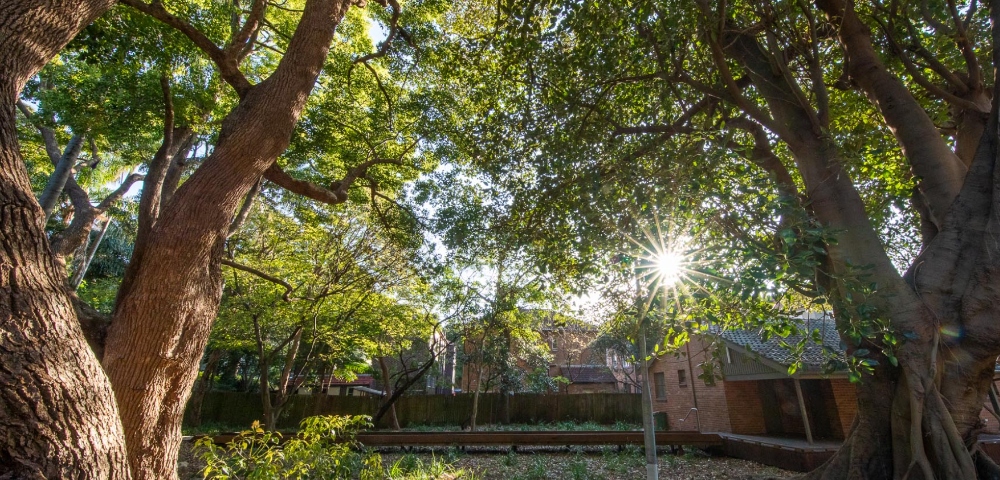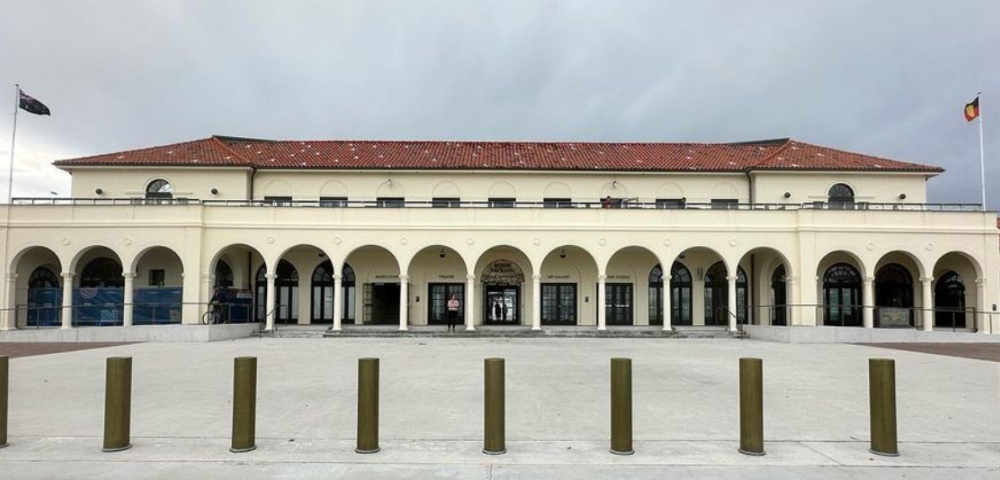
Turning pools into ponds

Waverley Council will consider a motion to convert backyard pools into eco-friendly ponds at the February 19 Council meeting.
The move follows in the footsteps of Ku-ring-gai Council, who have converted more than 50 pools into ponds in an effort to contribute to the local biosphere.
The “pools to ponds” project is said to be a cost-effective option for residents who no longer use their pools with savings of up to $1,000 on electricity bills. Spending is touted to reduce through switching off pool pumps and filtering, plus savings in maintenance costs with chemicals no longer required.
Councillor Paula Masselos said it is a matter of time before the motion is passed and sees no constraints with the project.
“It is something that was instituted by the North Shore. We are a seaside Council and will also have this motion [considered]. We have lots of swimming pools which are not being used,” she said.
“In the case of severe droughts having the option of converting a pool to a pond, it creates biodiversity where rainwater can also be stored. Sometimes people only use their pool in school holidays or a few times per year … this provides another way they can make use of their pool by making it a landscape item.”
Founder of Bondi Transition Group, Lance Lieber supports the idea of “pools to ponds”. He argues the extra ponds will reduce the urban heat effect due to increased vegetation.
“Having these extra ponds will help provide more coolness and reduce the urban heat island effect. This means that if you imagine where there are large patches of concrete like in the city, it gets very hot,” he said.
“Whereas, with trees and water – like ponds – the surrounding environment tends to be cooler.”
But concerns have been raised by some residents over the safety of the water, considering wildlife including fish, frogs and mosquitoes may thrive in ponds.
A study facilitated at the University of Western Sydney has shown water in converted ponds will not be suitable for drinking.
However, it does meets Australian recreational water guidelines and the water is generally clean enough to swim in provided animals such as ducks are not present in large numbers. Ducks can lead to faecal coliform contamination.
“I don’t think there will be a safety issue,” Mr Lieber said. “I think it’s a great idea because it will support more vegetation and is great for biodiversity in the region.
“As long as people are educated they will understand this is a good thing. For example, by having [native] frogs it will control the insects, and by putting native fish in the ponds they will eat mosquito larvae.”
Ms Masselos said education is a priority for the community, ensuring the public understand it is a safe and reversible process.
“I’d like us to run community workshops providing people with information in addition to other environmental services. It is reversible, so if someone is selling their home they can convert it back,” she said.









